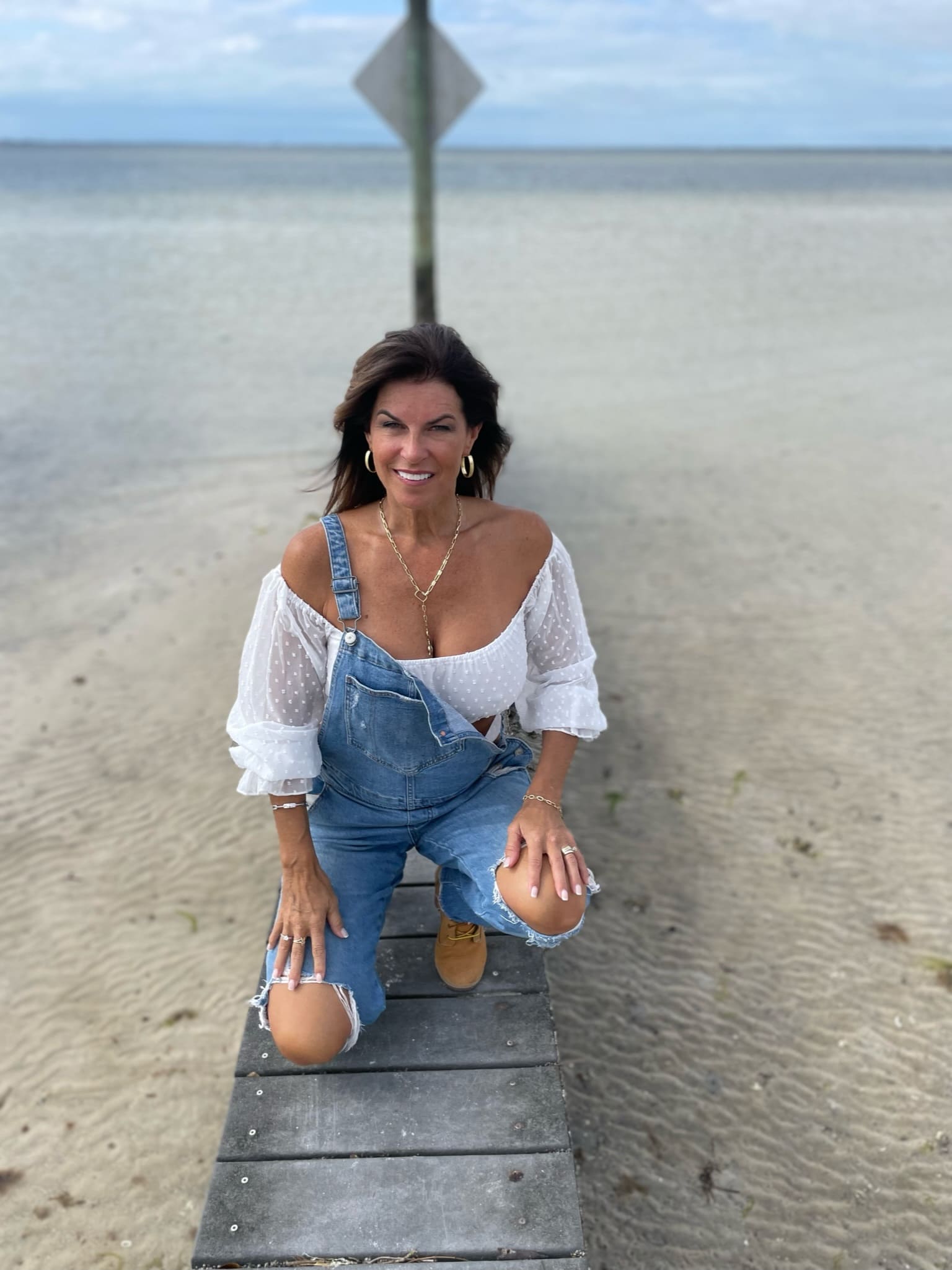Understanding The Mary Burke Nude Controversy: Privacy, Ethics, And Digital Responsibility
Hey there, friends. You’ve probably heard about the widespread attention surrounding the topic of Mary Burke’s nude photos. This incident has sparked some crucial conversations about privacy, consent, and media ethics in our digital world. As we dive deeper into this story, we’re not just talking about one person’s experience—this is a moment to reflect on how all of us can protect ourselves and each other in an increasingly interconnected world. This article will break it down step by step, offering insights, tips, and a whole lot of food for thought.
In today’s digital landscape, personal privacy is more fragile than ever. The Mary Burke nude controversy serves as a wake-up call, reminding us all about the importance of respecting boundaries and staying informed about digital safety. This isn’t just about one celebrity’s experience—it’s a chance for all of us to learn how to navigate the complexities of online life. By exploring the facts and nuances of this case, we’ll aim to provide a clear, balanced perspective. So, buckle up and let’s dive in together.
This article is designed to educate readers about the background, controversies, and broader implications of the Mary Burke nude incident. It’s not just about the facts—it’s about fostering empathy, understanding, and a commitment to ethical standards in our digital interactions. By the time you finish reading, you’ll have tools to protect yourself and others, and maybe even inspire some positive change in the online world we all share.
Read also:Discover The Wonders Of Malik Lake Through Minahil Maliks Lens
Table of Contents
- A Closer Look at Mary Burke
- The Incident: What Really Happened?
- Why Privacy and Consent Matter
- The Role of the Media in This Story
- Legal Implications: Holding People Accountable
- Protecting Yourself in the Digital Age
- The Emotional Toll on Victims
- Ethical Considerations: What’s the Right Thing to Do?
- Trends and Stats: The Big Picture
- Moving Forward: Creating a Safer Digital World
Who Is Mary Burke? A Quick Dive Into Her Life
Early Life and Her Rise to Fame
Let’s start with the person at the center of this story. Mary Burke, born on January 15, 1985, in Los Angeles, California, didn’t just stumble into fame. She worked hard to carve out a place for herself in the entertainment industry. Her journey began as a model, where her striking presence and natural talent quickly caught the attention of the industry. From there, she transitioned into acting, proving her versatility and dedication with every role. Over the years, Mary has become a household name, captivating audiences with her performances and earning accolades for her work. Her journey is inspiring, but it’s also a reminder of the challenges public figures face when their private lives become public property.
Her Career Highlights and Achievements
Mary Burke’s career is nothing short of remarkable. She’s starred in some of the most critically acclaimed films and TV shows, earning praise from critics and fans alike. Her talent has been recognized with prestigious awards and nominations, solidifying her status as a leading figure in the entertainment world. Below is a quick snapshot of her professional details:
| Full Name | Mary Elizabeth Burke |
|---|---|
| Birthdate | January 15, 1985 |
| Birthplace | Los Angeles, California |
| Profession | Actress, Model |
| Years Active | 2000 - Present |
The Incident: Breaking Down What Happened
Okay, so what exactly happened here? The Mary Burke nude controversy began when unauthorized images of her were leaked online. This wasn’t just a breach of privacy—it was a violation of her trust, dignity, and control over her own life. It’s a stark reminder of how vulnerable we all are in the digital age. As we rely more and more on technology, cases like this highlight the urgent need for stronger protections against cyber threats. Let’s explore the details and what they mean for all of us.
How Did the Leak Happen? The Cybersecurity Side of the Story
Turns out, the leak was the result of a targeted hacking attack on the private accounts of several celebrities, including Mary Burke. Cybersecurity experts have been sounding the alarm for years, warning about the dangers of weak security measures. This incident is a wake-up call for all of us. It’s not just about celebrities—it’s about anyone who stores personal information online. Strengthening digital safeguards isn’t just a good idea—it’s a necessity if we want to protect ourselves and others from similar breaches in the future.
Why Privacy and Consent Matter So Much
Privacy isn’t just a nice-to-have—it’s a fundamental human right. The Mary Burke nude case is a glaring example of what happens when that right is violated. These images were disseminated without her consent, and that’s a big deal. Understanding the legal and ethical dimensions of privacy is crucial if we want to stop these kinds of violations from happening. It’s about respecting people’s autonomy and giving them control over their personal information. Let’s break it down:
- Privacy laws may vary depending on where you live, but most agree that explicit consent is a must before sharing personal content.
- Everyone has the right to decide how their personal information is used, whether it’s online or offline.
- Consent isn’t just a legal requirement—it’s an ethical one too. It’s about treating people with respect and dignity.
The Media’s Role: Amplifying the Story
The media played a huge part in shaping the narrative around this controversy. Some outlets handled it responsibly, focusing on the broader issues of privacy and consent. Others, unfortunately, contributed to the spread of the unauthorized images, making the situation even worse. This highlights the importance of ethical journalism in the digital age. Media organizations have a responsibility to prioritize people’s privacy over clicks and sensational headlines. It’s not just about reporting the news—it’s about doing it the right way.
Read also:Amariyah Morales The Digital Phenom Redefining Content Creation
Media Responsibility: Doing the Right Thing
Journalists and media organizations need to stick to strict ethical guidelines, especially when covering sensitive topics like privacy breaches. Respecting people’s privacy and refusing to share unauthorized content should be non-negotiable. By committing to ethical reporting, the media can help create a more respectful and informed digital environment. It’s about holding ourselves accountable and remembering that the stories we tell have real-world consequences.
Legal Actions: Holding Perpetrators Accountable
Legal action was taken against those responsible for leaking Mary Burke’s private images, enforcing laws related to privacy invasion and cybercrime. It’s important to understand the legal frameworks surrounding these kinds of incidents. They’re not just there to punish wrongdoers—they’re there to protect victims and provide justice. Legal protections are a key part of safeguarding people’s rights in the digital age.
Key Legal Safeguards: What They Mean for You
- Revenge porn laws make it illegal to share intimate images without consent, giving victims legal options to fight back.
- Cybersecurity regulations are designed to keep our digital information safe from hackers and other bad actors.
- Victims of privacy breaches can seek legal remedies, like compensation or court orders, to address the harm they’ve experienced.
Protecting Yourself in the Digital World
Preventing incidents like the Mary Burke nude leak starts with each of us taking responsibility for our own digital security. It’s not just about hoping for the best—it’s about being proactive. Here are some practical tips to help you protect your personal data:
- Use strong, unique passwords for all your online accounts. This might sound basic, but it’s one of the best ways to keep hackers out.
- Enable two-factor authentication wherever possible. It adds an extra layer of security that can make all the difference.
- Be careful about what you share online, especially on social media. Once it’s out there, it’s hard to take back.
- Keep your software and security systems up to date to protect against new threats as they emerge.
The Emotional Fallout: How Privacy Breaches Affect Mental Health
Let’s not forget the human side of this story. Incidents like the Mary Burke nude leak can have a devastating impact on mental health. Victims often deal with anxiety, depression, and trauma as they try to reclaim their sense of control and dignity. The emotional toll of these breaches is a stark reminder of why we need to take privacy seriously. Supporting victims and addressing the mental health implications of these violations is essential for healing and resilience.
Building Support Systems: Helping Victims Heal
Access to counseling and mental health resources can be a lifeline for victims of privacy breaches. Encouraging open, nonjudgmental conversations about mental health can reduce stigma and create a supportive environment for recovery. By prioritizing mental health, we can empower people to face these challenges with strength and resilience. It’s about more than just surviving—it’s about thriving.
Ethical Principles: Creating a Responsible Digital World
Ethical considerations are at the heart of this conversation. It’s not just about following the law—it’s about doing the right thing. Respecting people’s autonomy, dignity, and privacy should guide every interaction we have online. Ethical frameworks give us the tools to address privacy concerns and promote responsible behavior. By embracing these principles, we can work toward a digital world that’s more respectful and equitable for everyone.
Core Ethical Guidelines: How to Do Better
- Respect people’s privacy and personal boundaries in everything you do online.
- Always get explicit consent before sharing or using someone else’s personal content.
- Stick to ethical guidelines when reporting on sensitive topics to ensure accuracy and respect for those involved.
The Numbers Don’t Lie: The Growing Threat of Privacy Breaches
The stats are alarming. Privacy breaches are becoming more common, with reports showing a 30% increase in incidents over the past year. According to the Cybersecurity and Infrastructure Security Agency (CISA), this is a growing concern that affects millions of people. These numbers highlight the urgent need for better cybersecurity measures and greater awareness of digital risks.
Key Stats and Insights: What They Tell Us
- About 65% of people are seriously worried about their online privacy, showing how aware we’ve become of the risks involved.
- More than 70% of cyberattacks target personal data, proving just how vulnerable we all are in the digital landscape.
- Improving cybersecurity measures can cut the risk of breaches by up to 50%, showing just how much impact proactive strategies can have.
Looking Ahead: Building a Better Digital Future
The Mary Burke nude controversy is more than just a story—it’s a call to action. It’s a reminder of why respecting personal privacy and consent is so important in the digital age. By understanding the background, legal implications, and ethical considerations of incidents like this, we can all work together to create a safer, more respectful online environment. This isn’t just about one person—it’s about all of us.
We encourage you to take steps to protect your personal data and support initiatives that enhance digital privacy. Share your thoughts and insights in the comments below, and check out other articles on our site for more guidance and inspiration. Together, we can build a digital world that prioritizes respect, responsibility, and the well-being of everyone involved. Let’s make it happen.
Article Recommendations


